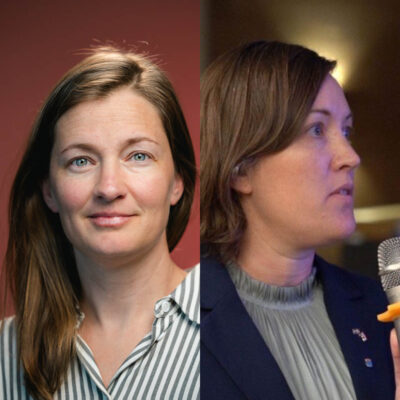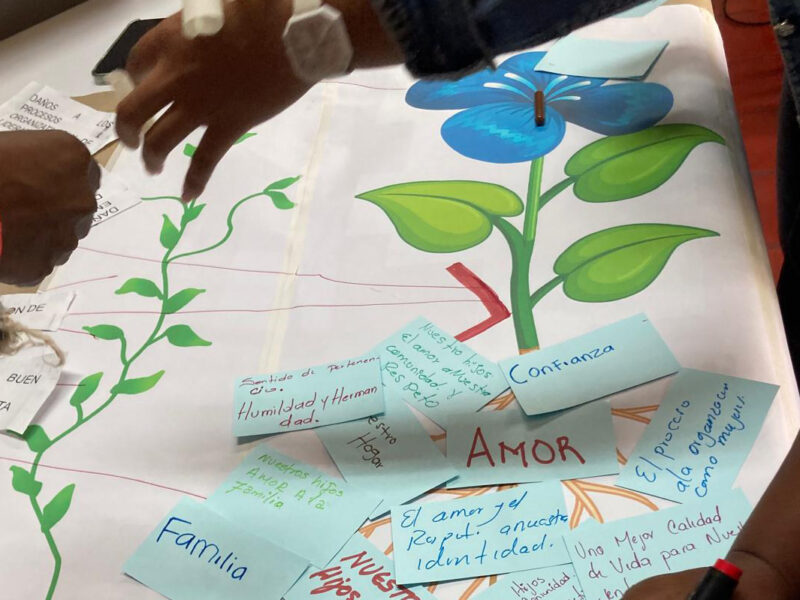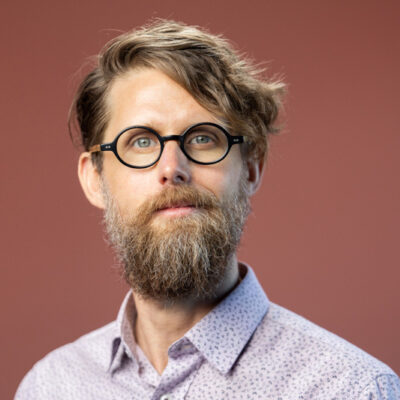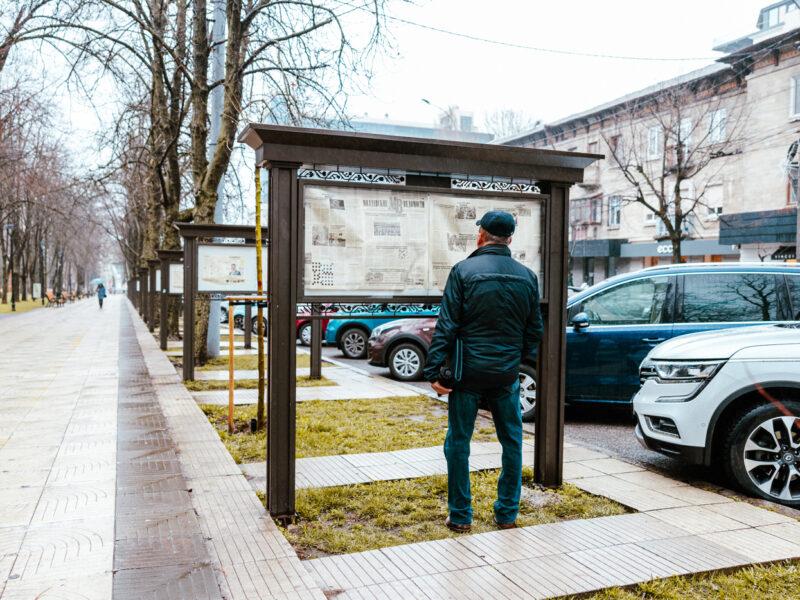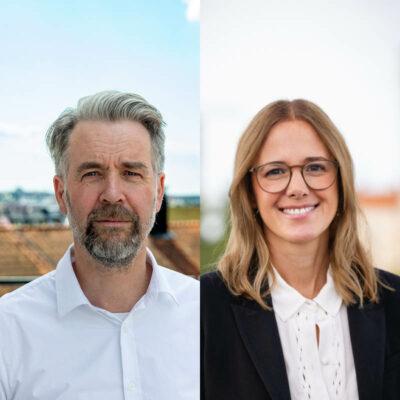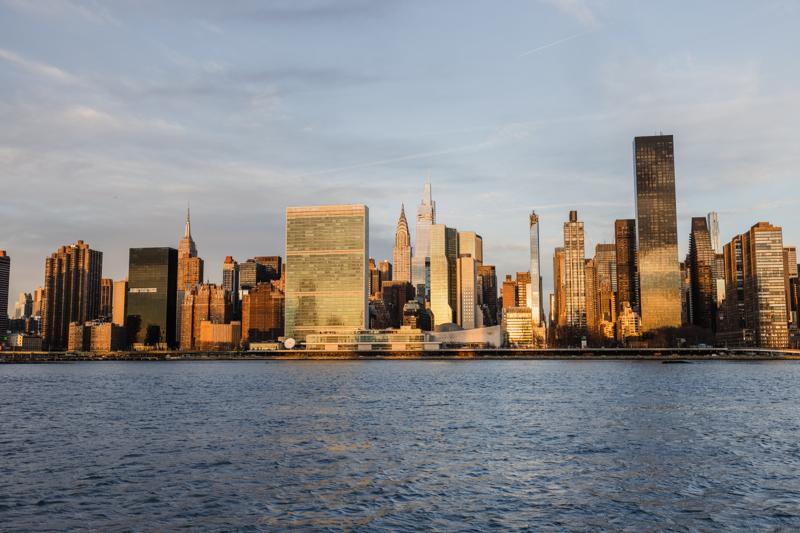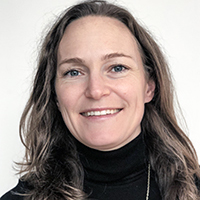“If men are better mediators, why is there always chaos in our countries?”
At the beginning of May, I arrived in Oslo to attend this year’s annual meeting for the Nordic Women Mediators Network (NWM). The NWM consists of five Nordic networks of women with significant experience and expertise relevant to conflict mediation, peacebuilding and negotiations. The NWM meets at least once a year to share experiences and explore avenues for collaboration to promote women’s role in peace processes.
This year, the Norwegian network hosted the annual NWM meeting, which had a specific focus on Afghanistan, Libya and Yemen. Seven prominent women civil society leaders from these countries had been invited to share insights on the status of women’s engagement and influence in their respective countries’ peace processes.
At FBA, I manage the Swedish Women’s Mediation Network and I spend a lot of my time thinking about how to best support women’s meaningful participation in peace processes. I therefore looked forward to the opportunity to listen and learn from the women from Afghanistan, Libya and Yemen.
Demanding access to peace talks
What struck me the most was the women leaders’ strong commitment to carve out a meaningful space for women in highly patriarchal and politically challenging contexts. They told stories about how women from civil society have lobbied for women’s inclusion in peace talks, and for women’s constitutional rights to be safeguarded in the talks. They have mobilized women’s networks to gather women’s views, and have travelled to venues where peace talks were to take place to demand influence.
In Afghanistan, women’s groups have run wide-reaching consultations with women across the country to capture their views on what kind of peace they want to see in Afghanistan. In Libya, women campaigned to be included in the talks between many of the rival factions in Palermo, Italy last year. And in the case of Yemen, women civil society activists travelled to the peace talks in Stockholm in order to try to get access. One of the Yemeni women put it bluntly: “We will not wait for an invitation from the international community”.
Similar barriers, different contexts
However, women, and an agenda on women’s rights, continue to be largely absent from the peace talks in all three countries. The participants highlighted a number of barriers to their inclusion, which cut across all three contexts.
They raised concerns over the shrinking space for women to influence the peace talks. Women who seek to participate continue to face resistance, and are regularly told that men are better qualified than them. One of the Libyan women in the room asked: “If this is the case, why is there always chaos in our countries?”. One of the participants also expressed concerns over the fact that the success of the peace processes will depend on the influence of regional actors, some of which have a bad track record on women’s rights.
It also became clear that the international community has not been doing enough to promote women’s access and influence. The absence of flexible and long-term funding continues to be a major challenge to women’s effective participation, and the language in relevant UN Security Council Resolutions needs to be strengthened to better promote women’s role in peace processes.
The seven participants all called for enhanced and sustained support from the international community to strengthen women’s inclusion in the peace talks.
They made clear that both process and substance matter. Including women in all phases of the peace processes and in various capacities – including as advisors, delegates, members of relevant sub-committees and civil society representatives – was considered critical. In addition, women’s views and perspectives should be reflected in the peace talks, and women’s constitutional rights should be considered a red line. The international community was called upon to use its leverage to protect women’s rights, and to ensure that women gain access by providing the necessary logistical, financial and political support.
The women leaders said that women’s inclusion must be supported across all tracks, and at all levels. A bottom-up approach could be achieved through regular consultations with different women’s groups from all walks of life, including those from the grassroots. Their views could then feed in to the negotiations, through the support of the international community. It was also emphasized that women should be able to express different positions and views, and not be forced to speak with one voice.
Looking ahead
I left Oslo with mixed feelings. While I was inspired by the women’s strong commitment to give women influence in the peace processes, it was discouraging to learn about the many challenges they face. Their stories were yet another testimony to women’s continued struggle to gain equal access to and influence in peace processes, almost 20 years on from the adoption of the normative framework on women, peace and security.
So where to go from here? The NWM is planning to establish several working groups, which will propose follow-up activities in close collaboration with women leaders. At FBA, the promotion of inclusive peace processes continues to be a key priority. Out of the three countries that were the focus of the NWM meeting, we work in Afghanistan. We have previously carried out a Dialogue and Mediation Training Programme for women leaders from all Afghanistan’s provinces, and we will continue to work to promote an inclusive Afghan-led peace process in which women play a key role.
av Anna Möller-Loswick


